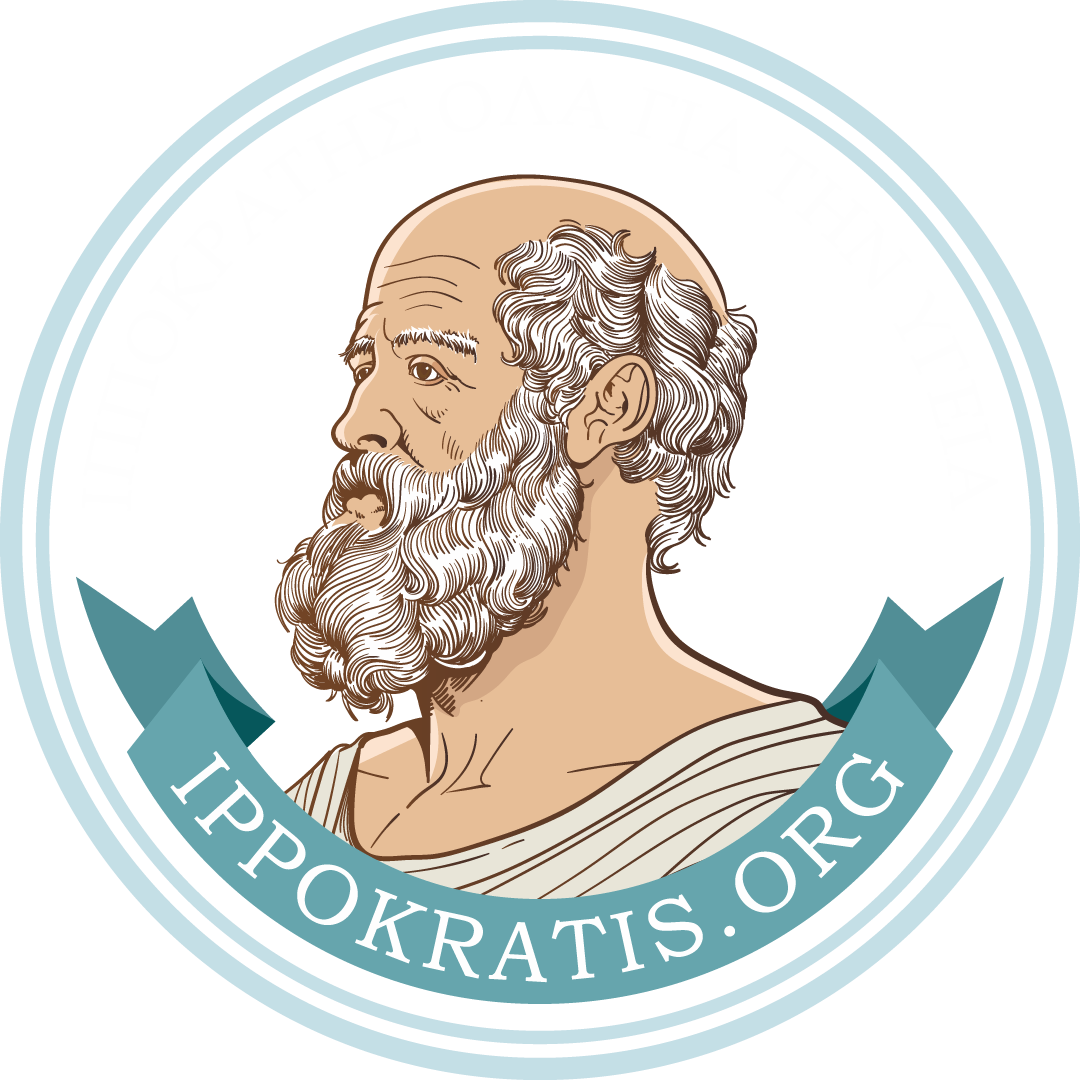Friends
GEORGIOS HARMANIS - Pediatric Surgeon
@giorgosharmanisyahoo-gr
Nancy
@nancy
MariosMpekes
@mariosmpekes
E-HEALTH SERVICES
@dachealthnetwork24
Groups
ALL ABOUT HEALTH
Public Group
MEDICINE & PHARMACOLOGY
Public Group
SPORTS MEDICINE - SPORTS MEDICINE
Public Group
Recent posts

Ημικρανίες: Αιτίες, Διαχείριση και Διατροφή
- March 10, 2024

Ανακούφιση από τους Πόνους χωρίς Φάρμακα
- March 10, 2024
E-mail Address
ADDRESS
Georgiou Lyra 14-16, Kifissia 14561
Website
Phone Number
+302117505570
Media
Photos
Videos
Audios
Files














Did they take care of their diet and body in ancient Greece? How did they deal with the issue of public health? What did an athlete do if he or she was injured 2,500 years ago? Were there surgical instruments? How did they use opium and other medicines and herbs?
Maintaining health, understanding the causes of diseases and finding ways to treat them are issues that have always been of concern to humans. But what changes have occurred in human thinking and medical methods over the centuries?
The Iasis exhibition presented the evolution of ancient healing practices, examining the transition from practical and theurgic healing to rational, scientific medicine. It included nearly 300 ancient objects from 41 museums in Greece and abroad. Among other objects travelled from the British Museum, the Louvre and the Capitol Museums in Rome.
The exhibition was divided into three sections: Health, Disease, Cure, and covered the period from about the 13th century BC to the 3rd century AD.
The earliest written evidence concerning Greek therapeutics comes from the Homeric epics, which show that illnesses were considered signs of divine anger and discontent. To appease the gods, people resorted to prayers, purifications and sacrifices. However, as early as the end of the 6th century BC, philosophy began to exert a particular influence on the development of medicine. The ancient Greeks were the first to rid medicine of magical and religious elements, realising that the preservation of health and the fight against disease depended on natural causes.